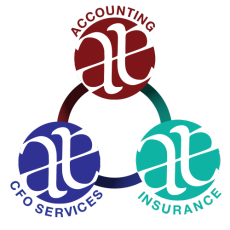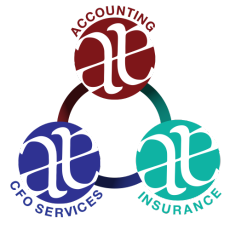When we are talking about building a sustainable business, we are talking about one that is built to last.
Often, entrepreneurs get caught up in the headlines about businesses with hyper-growth rates. We start thinking of how we can replicate these results.
But what is often missing is these results are just short-term, fueled by outside money or poor business models that are not sustainable.
There are many examples of the crash and burn businesses that are all the rage but come crashing down. WeWork comes to mind as a perfect example.
Understanding how to build a sustainable business might be the difference between success and failure. Here are some tips to building a business meant to last.
1) Be nimble
We have all read about the crash and burn start-ups or the established businesses that suddenly can’t compete and are stuck on life support (Ex: Blockbuster, Sears, Blackberry). Big companies, by their nature, are not agile. They get stuck in bureaucracies and fear of risks that let smaller upstarts outflank them.
2) Listen to your customers
The pandemic showed us that human decisions and economic trends could be flipped in a very short period of time. From the great resignation to remote work, consumers have changed their behavior. Entrepreneurs need to listen to their customers to develop personas and segments to understand their unique pain points and needs better.
- Ask for customer feedback.
- Start customer advisory boards.
- Track your critical KPIs.
From this data, you can be quick enough to take advantage of consumer trends and pivot your offering to meet these new realities.
3) Listen to your employees
The pandemic has caused a shift in the workforce. Listen to your employees to share their needs and aspirations with you, as this will help them feel supported by the company during these difficult times. Keeping an employee’s unique perspective becomes necessary for the survival or success of business operations due to changing conditions like increased competition from other companies who are also listening closely because it pays off big time! Help out those workers trying hard but stretched thin–it is important both physically AND mentally before anything else begins.
4) Budget, budget, budget
If anything, the pandemic has taught us that revenue streams can dry up overnight. From supply chain delays, government regulations to inflation pressures, your margins are threatened more than ever.
It is difficult to know when your business will be profitable and what resources you might need without a proper budget. It can also make operating within one’s means more challenging as unexpected costs arise from the unpredictable nature of life (elements such as illness).
A detailed analysis that includes all probable expenses helps identify available capital for future growth opportunities while estimating how many dollars should go towards fixed or variable cost components to achieve maximum returns on investment.
A well-thought-out financial plan provides clarity around these topics: predicting revenue streams, deciding which type(s)of assets best fit company needs, and whether debt or equity financing is required.
5) Own a brand position
Too many businesses try to be all things to all companies. But the most successful brands are very targeted in their message, market, and the problem they are trying to solve. Sometimes it takes a leap of faith to focus on a smaller audience. But positioning your business is the fastest way to grow and utilize pricing power.
6) Retain your key employees
High employee turnover is a significant headwind to business sustainability. If you are constantly replacing key team members, you delay success in lost hours in training. These lost opportunity costs will make it harder to build a sustainable business. Investing in your key managers makes the life of the entrepreneur easier.
Internal training, streamlined processes, and improving efficiency are the key to scalability. This will allow you more time for external growth while still achieving results.
7) Be authentic
Many big corporations and entrepreneurs act more like chameleons, changing their belief systems based on the audience or the timing of the day. You are a leader when you lead with your heart and not just for the sake of it. Your true colors show in how others perceive you, so be authentic. Your employees and your customers will see this passion and follow it. Foster an environment that’s infused with curiosity by rewarding those who go against traditional norms or follow their passions – because we all need more inspiration now than ever before.
8) Partner wisely
This is true from every relationship you get into in business. By your choice of co-founders, investors, outsourced teams, and vendors (ex: your accounting firm), your decisions will impact your odds for success.
Always surround yourself with those that will make you better.
Closing
A sustainable business has fewer bumps in the road, from buying out a disgruntled founder to an investor with timelines that don’t match yours or the market. Closing A sustainable business is one where profitability and growth rates are in harmony. Running a sustainable business involves using your resources economically, where cash flow and budgeting lead to long-term success. Sacrificing the future for a short-term expansion may not always be the best strategy.
We partner with aspiring entrepreneurs to put them on the path to sustainability. Feel free to reach out to see how we can help you achieve your dreams.




